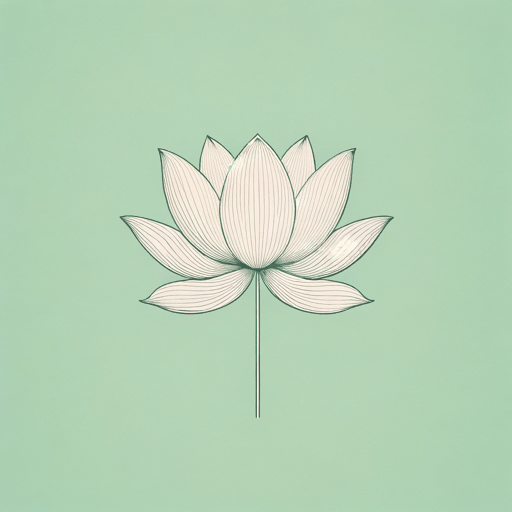70 pages • 2 hours read
Dalai Lama, Desmond TutuThe Book of Joy: Lasting Happiness in a Changing World
Nonfiction | Book | Adult | Published in 2016A modern alternative to SparkNotes and CliffsNotes, SuperSummary offers high-quality Study Guides with detailed chapter summaries and analysis of major themes, characters, and more.
Part 4Chapter Summaries & Analyses
Part 4: “Joy Practices”
Part 4, Chapter 26 Summary: “Developing Mental Immunity”
Both the Dalai Lama and Archbishop Desmond Tutu view the practices of cultivating joy and mental well-being as fundamental to their lives, providing a spiritual alignment that sustains them through various challenges. The Archbishop particularly notes the importance of these practices for everyday life, beyond the realm of spiritual teaching.
This chapter outlines various spiritual practices that support the eight pillars of joy. These practices, akin to physical exercises, foster mental health and immunity, enhancing the practitioner’s capacity to deal with life’s challenges with more ease and joy. They are meant to be adapted to individual needs and lifestyles, as demonstrated by the Dalai Lama adapting his practices to accommodate physical changes like aging knees.
Abrams introduces psychiatrist Daniel Siegel’s explanation of the brain’s response to meditation, illustrating the concrete benefits of these practices. Meditation and prayer create neural patterns that reduce destructive reactivity, promoting a more integrated and harmonious brain function. This leads to a response to life’s inevitable challenges with less fear and anger and more ease and joy.
The allure of instant gratification in the modern age is contrasted with the deeper, more time-intensive process of gaining knowledge and wisdom through spiritual practices. Initial experiences in meditation or prayer might provide immediate, pleasurable sensations, referred to as “spiritual sweets” by the Archbishop.
Related Titles
By these authors
Featured Collections
Asian American & Pacific Islander...
View Collection
Forgiveness
View Collection
Friendship
View Collection
Mortality & Death
View Collection
New York Times Best Sellers
View Collection
Philosophy, Logic, & Ethics
View Collection
Popular Book Club Picks
View Collection
Psychology
View Collection
Religion & Spirituality
View Collection
Self-Help Books
View Collection
South African Literature
View Collection




